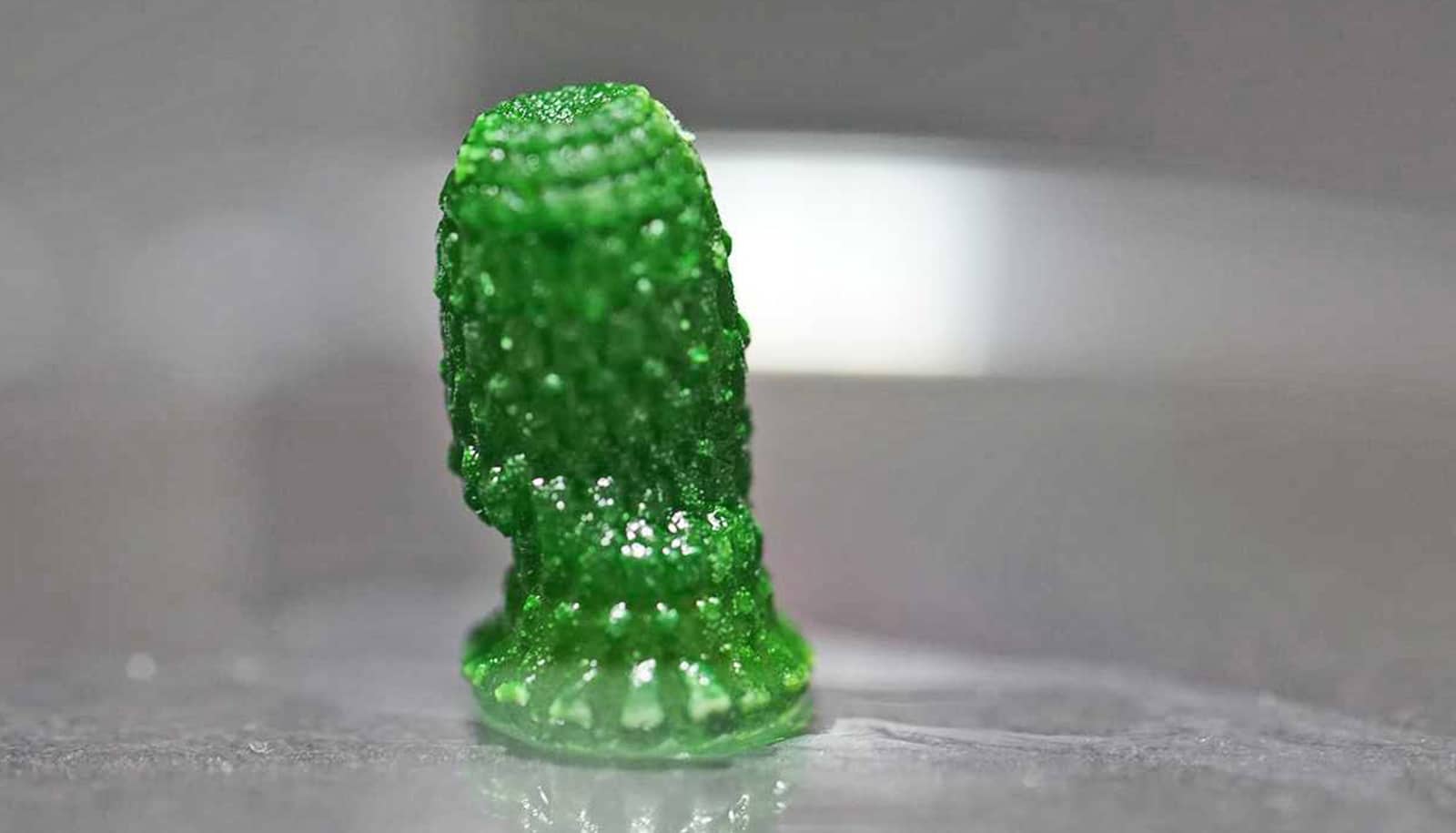A new study suggests ways college sporting venues could exceed the standards of “zero-waste” operations and achieve greater environmental benefits.
The study is based around analysis of waste and recyclables during the University of Missouri’s 2014 home football season.
Officials at collegiate sporting venues have been leading efforts toward zero-waste events with many professional and collegiate leagues adopting energy and water conservation efforts as well as increased recycling and composting.
“Athletic events offer a great opportunity for engaging with a large, diverse crowd that may or may not be familiar with sustainability issues.”
“Zero waste means designing and managing products and processes to systematically avoid and eliminate the volume and toxicity of waste and materials with the target of recycling or composting at least 90 percent of the waste generated at football games,” says Christine Costello, assistant research professor of bioengineering in the College of Engineering at the University of Missouri.
“Our objectives were to develop a system to characterize the waste produced at sporting events prior to game day and unsold food disposed of on game day, quantify the greenhouse gases produced, identify waste management and recycling strategies, and develop scenarios that event managers can use to decrease life cycle greenhouse gas emissions and energy use.”
The research team audited the landfill-destined waste generated at the university’s Memorial Stadium at five home football games game in 2014. Team members counted garbage bags disposed of during and after the games and sorted representative sample bags, which were inventoried to identify the contents.
An estimated 47.3 metric tons (mt) of waste was generated. The majority of the waste, or 29.6 mt of food, was prepared off-site where a full 96 percent was unsold food waste.
The remaining 17.7 metric tons of waste originated inside the stadium, with recyclable materials accounting for 43 percent, followed by food waste at 24 percent with most of the remaining waste destined for the landfill.
Recommendations for reducing waste and bringing the stadium up to a 90 percent recycling or composting goal include:
- Donating unsold food to local charities and food banks
- Targeting and swapping out materials that aren’t recyclable or compostable
- Understanding how to better forecast food demand in box seats and suites
- Replacing foods and preparations that are involved in higher greenhouse emissions, such as beef, with more vegetables and chicken
- Providing more recycling stations and receptacles throughout the stadium
- Educating attendees about recycling and sustainability
“Athletic events offer a great opportunity for engaging with a large, diverse crowd that may or may not be familiar with sustainability issues,” says Ronald G. McGarvey, who holds a dual appointment as an assistant professor of industrial and manufacturing systems engineering and an assistant professor of public affairs in the Truman School of Public Affairs.
“Sporting event organizers can generate pro-environmental messaging to a broad audience and should take advantage of getting the word out about sustainable operations. This would be a wonderful public relations tool for these professional and collegiate leagues and should be pursued,” he says.
4 ways to promote reusable coffee cups
The researchers note that several teams in the Southeastern Conference (SEC) are working toward zero-waste events, including the University of Florida.
The study appears in Sustainability. The Mizzou Advantage provided funding for the study.
The authors wish to thank Anthony Wirkus and the University of Missouri’s Intercollegiate Athletics Department for their interest and cooperation throughout the study.
Source: University of Missouri



